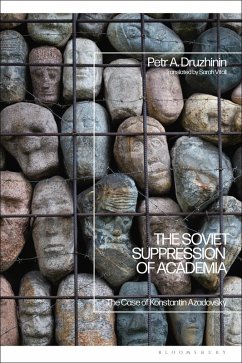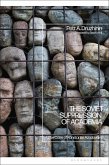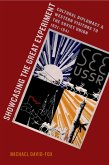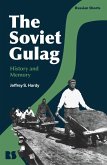Recently, scholarship has paid increasing attention to the Soviet dissident movement that emerged in the mid-20th century; but what, Petr A. Druzhinin asks, happened to those academics who did not form part of this circle? Through its intimate portrayal of the persecution of non-dissident literary scholar Konstantin Azadovsky, The Soviet Suppression of Academia sheds new light on the relationship between power and culture in Soviet Russia.
Based on rare access to KGB materials and other sources, this book traces Azadovsky's persecution from the 1960s, when he refused to become a KGB informant, to his arrest on trumped-up drug charges and imprisonment in a labour camp in the 1980s, to his struggle for rehabilitation through the early 1990s. Here, for the first time in English, one of the KGB's secret operations against a prominent intellectual is revealed in full, horrific detail. By telling the fascinating story of an individual's struggle with the powerful state machine, this book provides much-needed insight into the experience of life under KGB monitoring and repression and adds nuance to ongoing debates about the relationship between Soviet intellectuals and the state.
Based on rare access to KGB materials and other sources, this book traces Azadovsky's persecution from the 1960s, when he refused to become a KGB informant, to his arrest on trumped-up drug charges and imprisonment in a labour camp in the 1980s, to his struggle for rehabilitation through the early 1990s. Here, for the first time in English, one of the KGB's secret operations against a prominent intellectual is revealed in full, horrific detail. By telling the fascinating story of an individual's struggle with the powerful state machine, this book provides much-needed insight into the experience of life under KGB monitoring and repression and adds nuance to ongoing debates about the relationship between Soviet intellectuals and the state.









